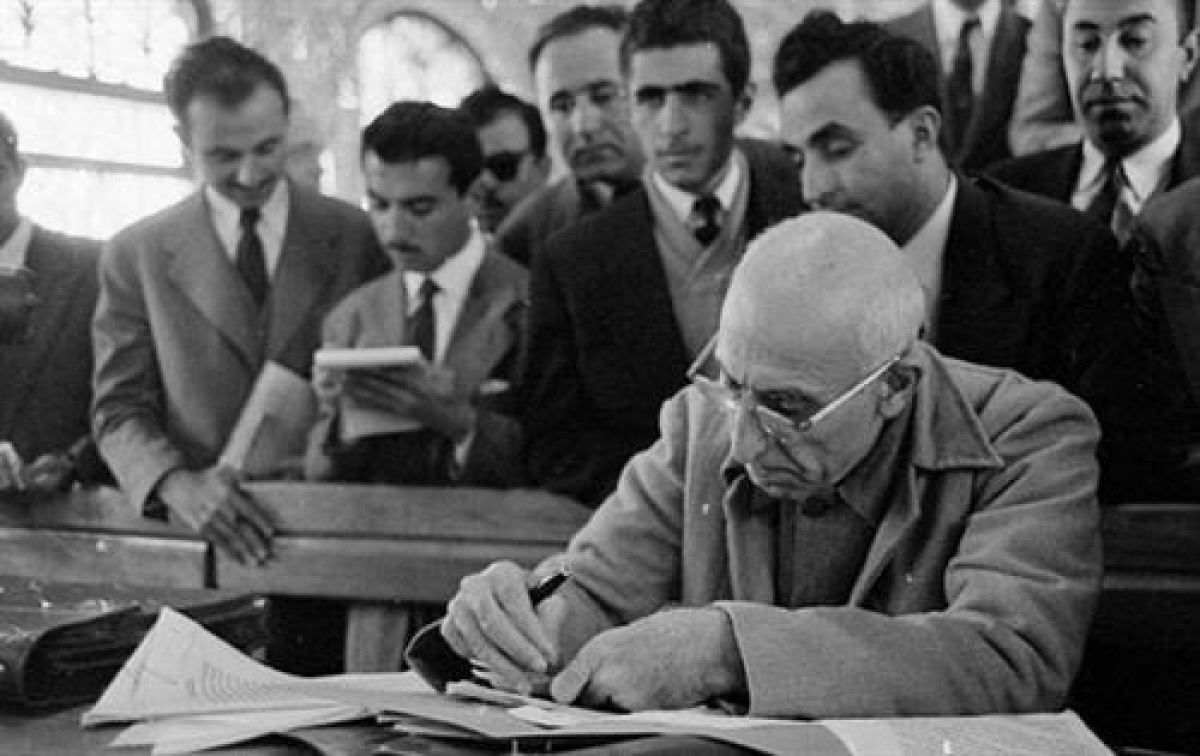Western companies had been involved in the extraction of oil in Iran and other countries in the Middle East since extraction had become technically and financially feasible.
By the end of the 1940s, there was a growing resentment in Iran to the huge imbalance in oil revenues that the British government and the Iranian government were receiving from Anglo-Iranian Oil Company (AIOC), formerly the Anglo-Persian Oil Company. Similar arrangements between the US and countries such as Saudi Arabia seemed more equitable and in 1950, Britain offered new concession to Iraq with regards to oil revenue.
This fuelled a surge in anti-British rhetoric, with the leader of the National Front of Iran, Dr. Mohammad Mosaddegh leading calls to end foreign influence in Iran and nationalising the oil industry.
This call was supported by Ayatollah Kashani, a leading cleric, and Mosaddegh was made prime minister in March 1951 after the previous prime minister had been assassinated. Mosaddegh then moved quickly and on 15 March 1951, he passed a law nationalising AIOC with immediate effect, which was verified by the Iranian parliament two days later. He gave all British employees of AIOC a week to leave the country and Ayatollah Kashani even declared a national day of ‘hatred against the British government’.
Sanctions followed, and the move galvanised the British to help orchestrate the overthrow of Mosaddegh in June 1953. Nonetheless, the decision to stand up to western domination and determine its own future in such a way is seen as a key event in the history of Iran and worthy of being remembered with a national holiday.
